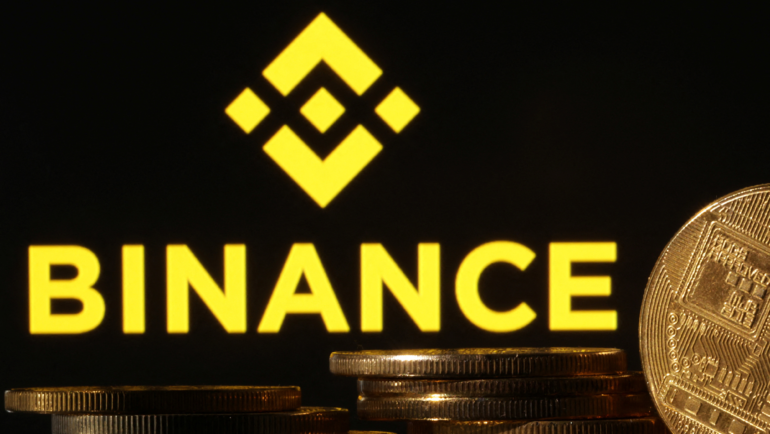
Politics Is Interested in Crypto, Even if Crypto Isn’t Interested in Politics.
In the last two weeks, Washington D.C. policymakers presented the American people with two different futures on digital assets. One leads to American innovation and job growth. The other is a dead-end street in a one-road town.
The U.S. Securities and Exchange Commission (SEC) made it clear this week with twin proceedings against Coinbase and Binance that it thinks cryptocurrency shouldn’t exist in America. Given the agency’s choice not to publish a framework for securities related to cryptocurrencies, despite the evident lack of clarity in the current regulatory system, there is no other logical conclusion.
Although legal experts contend that the classification of crypto assets is essentially unregulated by present law, the SEC has determined that regulation through enforcement is an appropriate way to implement its intended policy outcome.
Democrats and Republicans made headway on a plan to enact regulations on cryptocurrency market structure across from the SEC’s headquarters. The “discussion draft” legislation establishes a means for token issuers to generate money for their offerings while maintaining robust investor safeguards by drawing on the bipartisan Jumpstart Our Business Startups (JOBS) Act.
Additionally, as suggested by SEC Chairman Gary Gensler, the draft would enable businesses to properly register with regulatory bodies. Additionally, it puts an end to the argument over whether the federal securities regulator will oversee commodities or securities. Gensler used to believe that most cryptocurrencies were commodities (despite the fact that he has stated that all cryptocurrencies save for bitcoin resemble securities).


